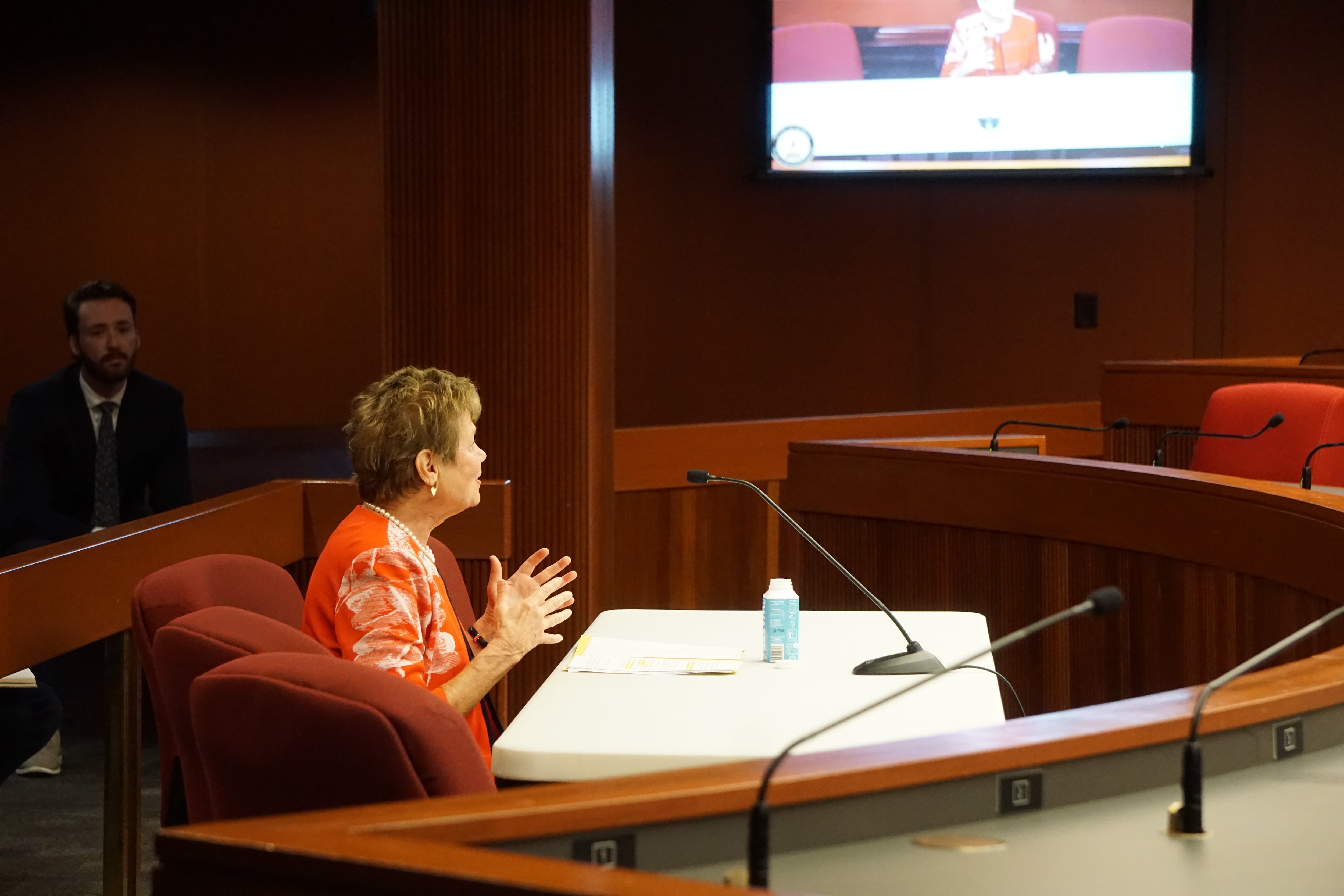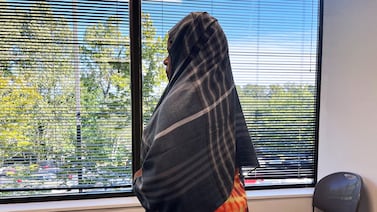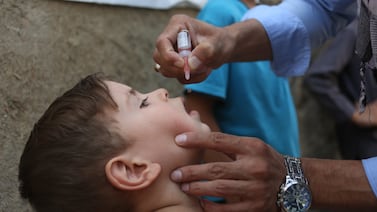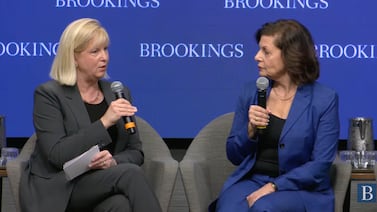Public health, explained: Sign up to receive Healthbeat’s free Atlanta newsletter here.
Georgia Board of Public Health Chairperson James Curran criticized Health and Human Services Secretary Robert F. Kennedy Jr.’s disruption of a vaccine guidance system that was working well.
“As far as I can tell, a major goal is to diminish the CDC role in vaccines in a lot of ways,” Curran said at Tuesday’s board meeting.
Kennedy removed members of the Centers for Disease Control and Prevention’s Advisory Committee on Immunization Practices and replaced them with his own appointees. The panel typically provides Covid vaccine recommendations for the fall respiratory season earlier in the summer, but did not do so this year.
The U.S. Food and Drug Administration last month approved the updated shots, but only for those 65 and older and those with underlying conditions that put them at risk for severe Covid. That has prompted many Georgia pharmacies to require a prescription to get the latest Covid shots, with some doctors refusing to write prescriptions until the ACIP meets Sept. 18-19.
Curran, who was a longtime dean of the Rollins School of Public Health at Emory University, said this has created confusion and introduced barriers to getting the shots, disrupting a system that had worked well.
“The whole idea that everyone has a doctor is not true,” Curran said.
Department of Public Health Commissioner Kathleen Toomey, who was appointed by Republican Gov. Brian Kemp, as were the nine board members, said the agency has paused distributing this year’s Covid vaccines amid regulatory uncertainty, at least until the ACIP meets. She said the decision was guided by concerns over medical liability in the wake of the FDA’s narrowing of the categories of people for whom the shot is approved.
Health departments do not yet have the shots in stock, she said.
Toomey said she met with Kemp to discuss how the state will approach Covid vaccines. Four states – California, Oregon, Washington, and Hawaii – have formed an alliance to provide residents with science-backed vaccine recommendations. Governors of other states have also taken steps – such as issuing executive orders – to make it easier for their residents to get vaccines amid the regulatory confusion.
Toomey said the agency would look at the ACIP’s recommendations and make a decision about how Georgia health departments will handle the Covid shots. The agency may consider following guidelines from another organization, like the American Academy of Pediatrics, if the ACIP guidelines don’t follow good science.
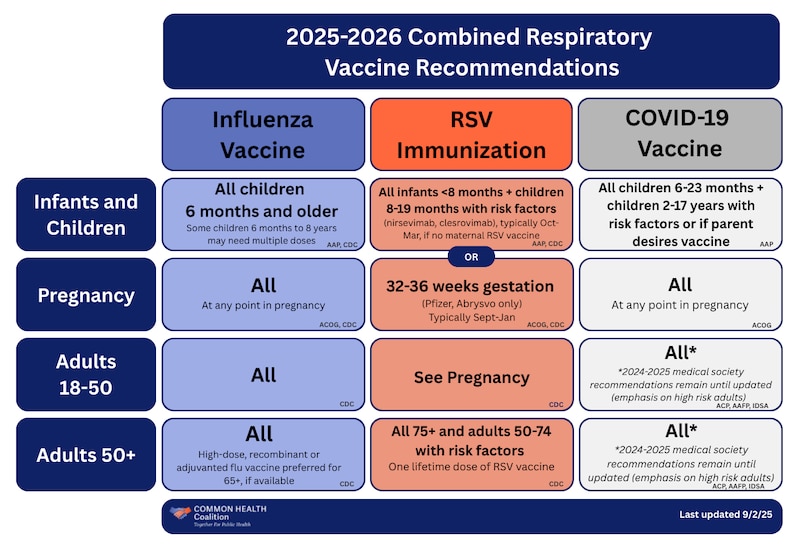
Curran also criticized Kennedy’s focus on processed food as a cause of chronic disease even as the HHS chief has cut programs that help prevent chronic diseases like those focused on stopping smoking.
That decision has impacted Georgia. DPH has ended the Georgia Tobacco Use Prevention Program due to “a lack of ongoing federal funding and the closure of the CDC’s Office of Smoking and Health,” state Department of Public Health spokesperson Nancy Nydam Shirek said.
That resulted in the layoffs of five people working on the program, as well as the reassignment of an epidemiologist to another team, she said.
“DPH’s core tobacco and vaping prevention and cessation programs are continuing uninterrupted, including Tobacco-Free Schools and the Georgia Tobacco Quitline,” Nydam Shirek said.
The state also lost $334.2 million in March after the federal government “clawed back” Covid-era funding.
Curran said he anticipates additional funding cuts.
“It’s a distressing time for public health at the federal level, and it’s going to have implications at the state and local levels,” he said.
Meanwhile, an administrator who was laid off from the CDC was hired as director of the state public health laboratory, a position that had been open for “years,” Toomey said.
Ellen Kersh started the job on July 1 after leaving the CDC, where she had been the STD Laboratory branch chief.
Rebecca Grapevine is a reporter covering public health in Atlanta for Healthbeat. Contact Rebecca at rgrapevine@healthbeat.org.

